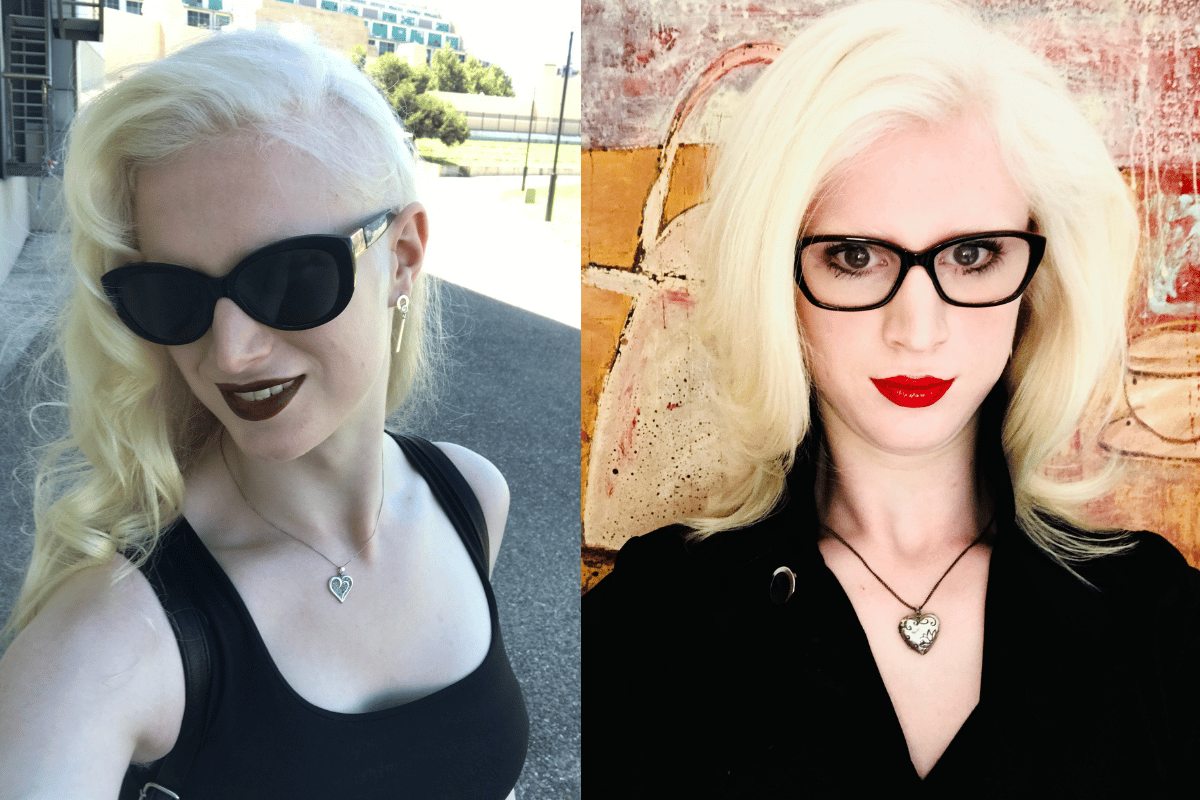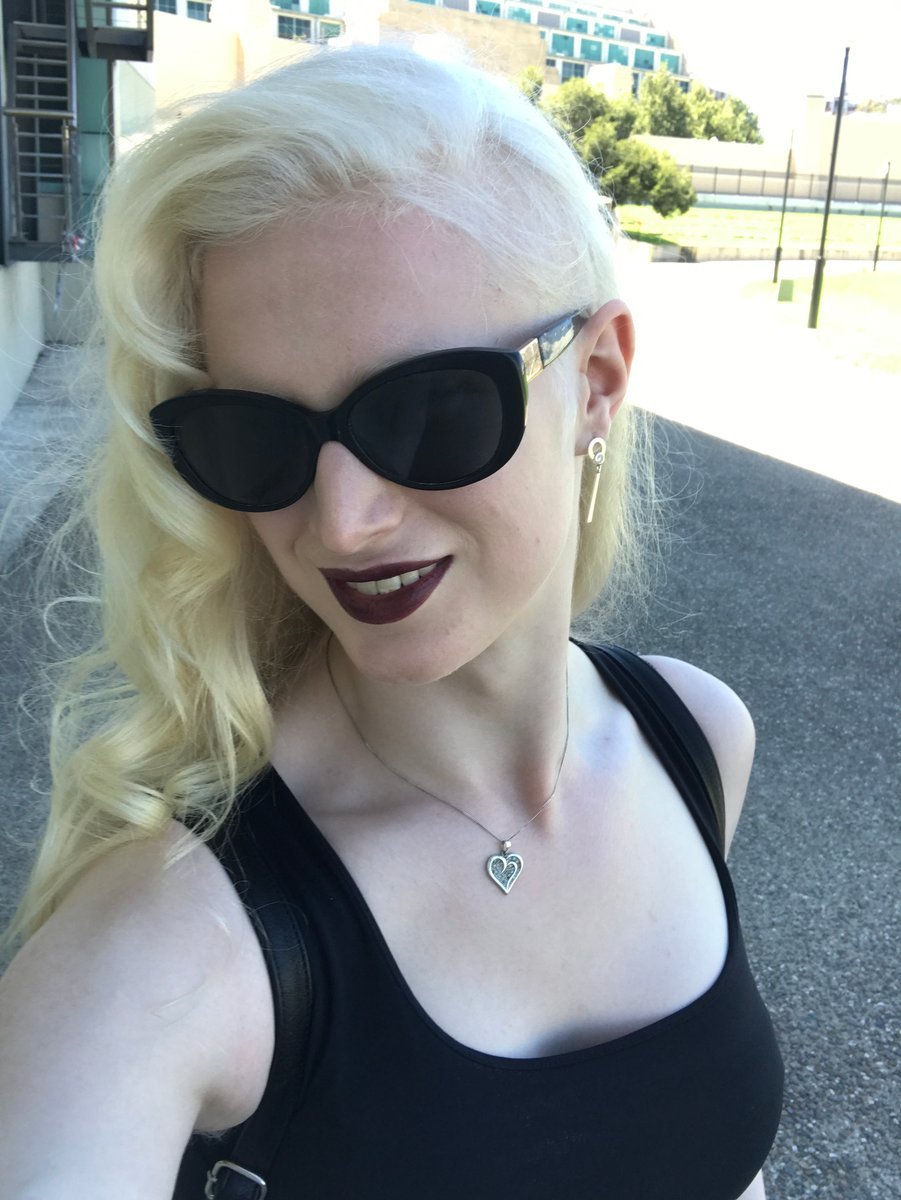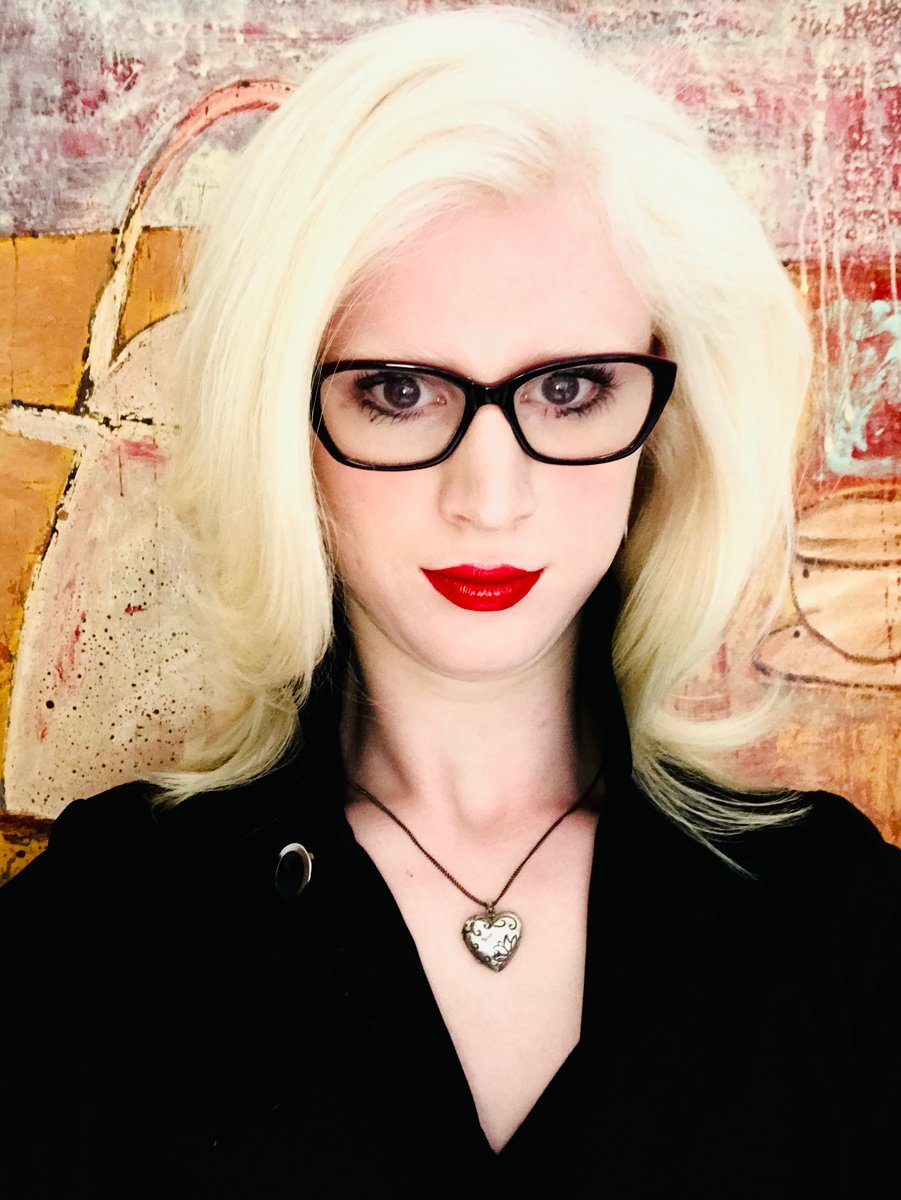
This post discusses sensitive topics and may be triggering for some readers.
When people find out I’m a transgender woman, often their first question is either, “so does that mean you’re a man down there?” or “so….. what’s that like?”.
To the former I usually say “that’s none of your business”, to the latter, I’m often lost for words, not entirely sure how to answer such a vague question.
The truth is, what it’s like to be a trans woman in Australia can change drastically, depending on how you look, where you’re at in your journey, your income, where you live, who you live with and, sadly, even what colour your skin is.
Watch In His Shoes: Transitioning Into Jess. Post continues after video.
Despite how it might seem, based on a quick glance at any day’s usual headlines, our experiences aren’t represented very often in the press - either here or abroad. There are plenty of people writing about us, sure, but very few of us have the privilege to write about and share our own experiences, in our words.



Top Comments